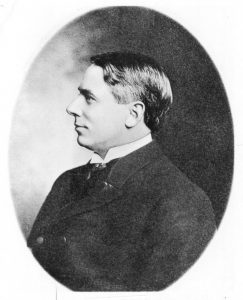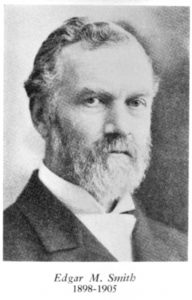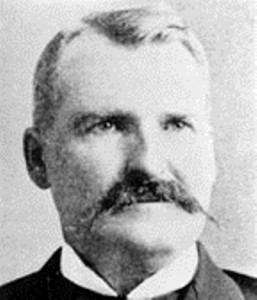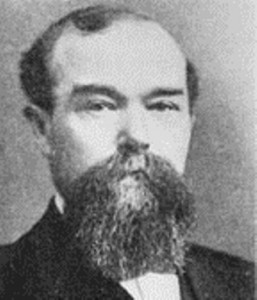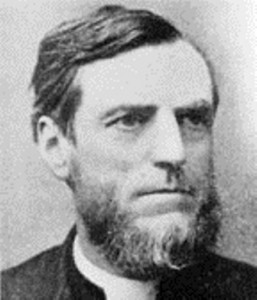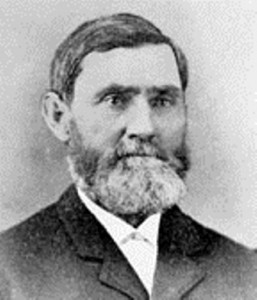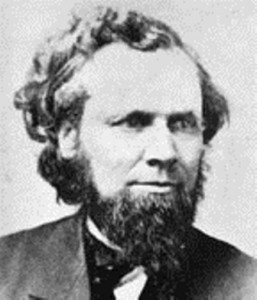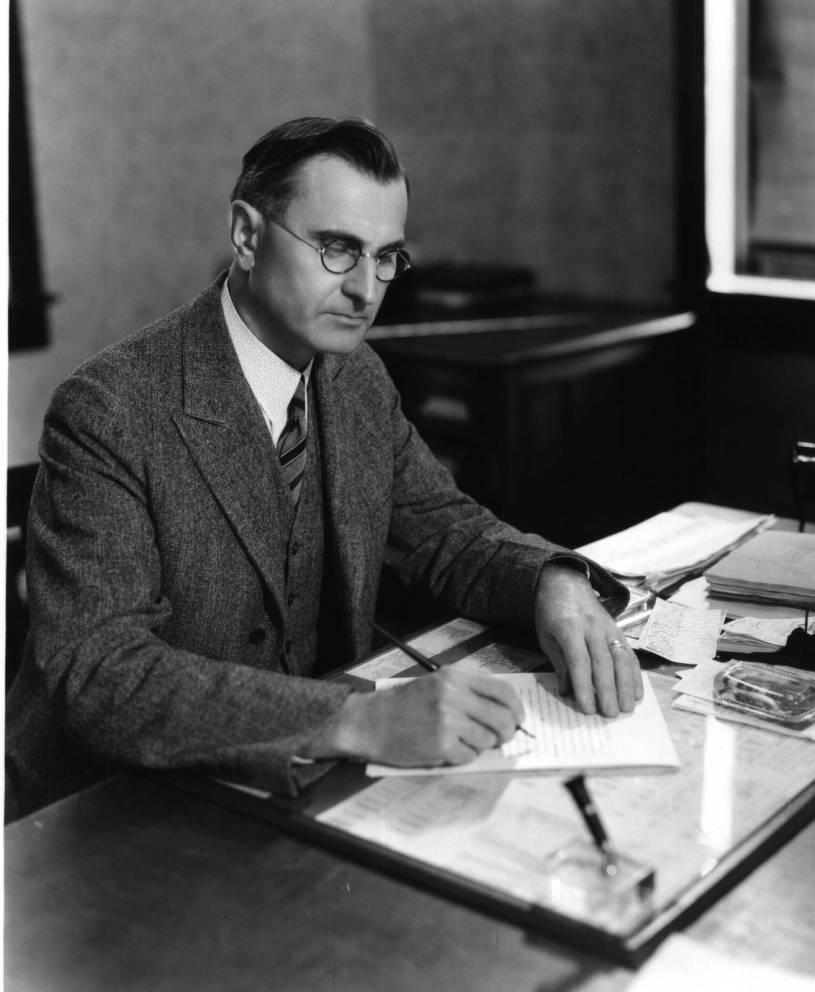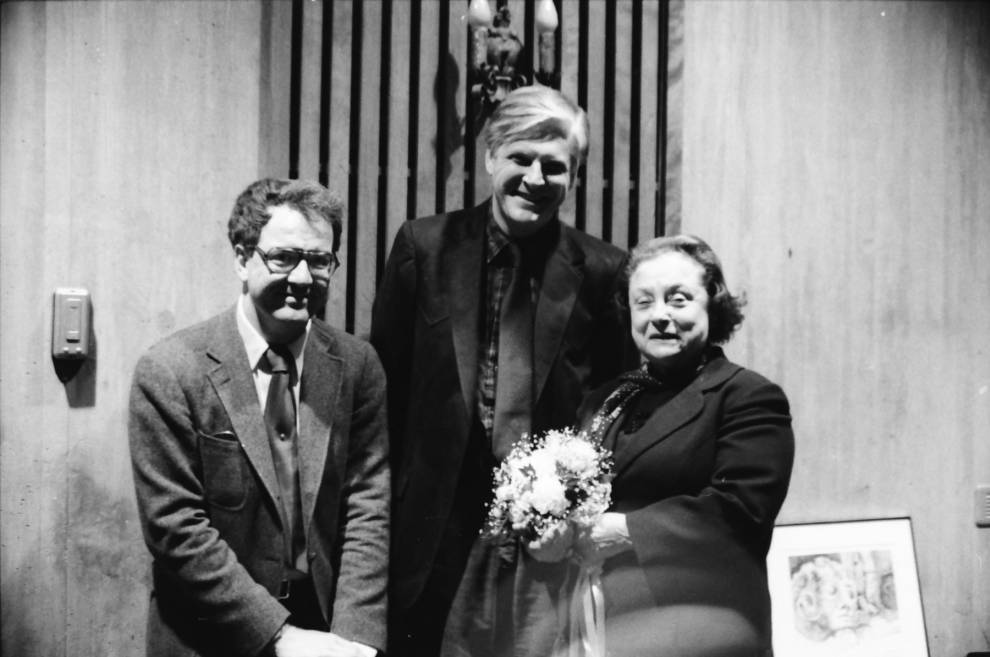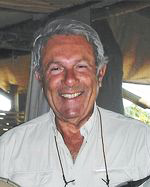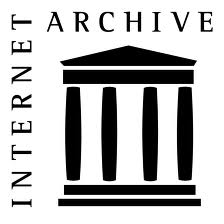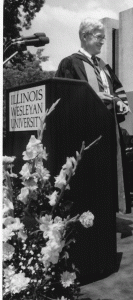
President Minor Myers, jr., 1993 Commencement
“Go forth and do well, but even more go forth and do good.” — noted in the 1993 Commencement files (RG 6-1/2)
People often remember the parting advice former President Minor Myers, jr. made at Commencement each year, and we were recently asked to find out when he first said it and if it had any other origin.
President Myers didn’t read from complete scripts during speeches; the above quote was in the brief, typed outline of his remarks for Commencement 1993.
But how did he come to develop this phrase? We followed the trail back to his first campus speech and found two instances that illuminate a possibility.
An earlier notation we found comes close to the eventual phrase: “We shall both prosper only as we serve well.” This note was penciled in on an “Outline for Talk at Writers [sic] Conference” dated March 28, 1990 (RG 2-12/3/1: Speech Outlines, July 1989-March 2002, folder 3 of 3).
The typed notes directly above this line show an origin: “Anglican / read of Wesley, went to his house, found his bust / example of unremitting effort to do good. / and unending joy in doing it. / that is the satisfaction of what we are doing, // the frustrations, / but the reward is the sense we are contributing to the maintenance of that which is good by unending efforts to make it better.”
And going further back, a note on Myers’ 1989 Inaugural Address also refers to John Wesley’s “devotion to doing good,” so perhaps we can say that the founder of Methodism itself is the inspiration for the quote that Myers crafted over the next four years and made his own!
